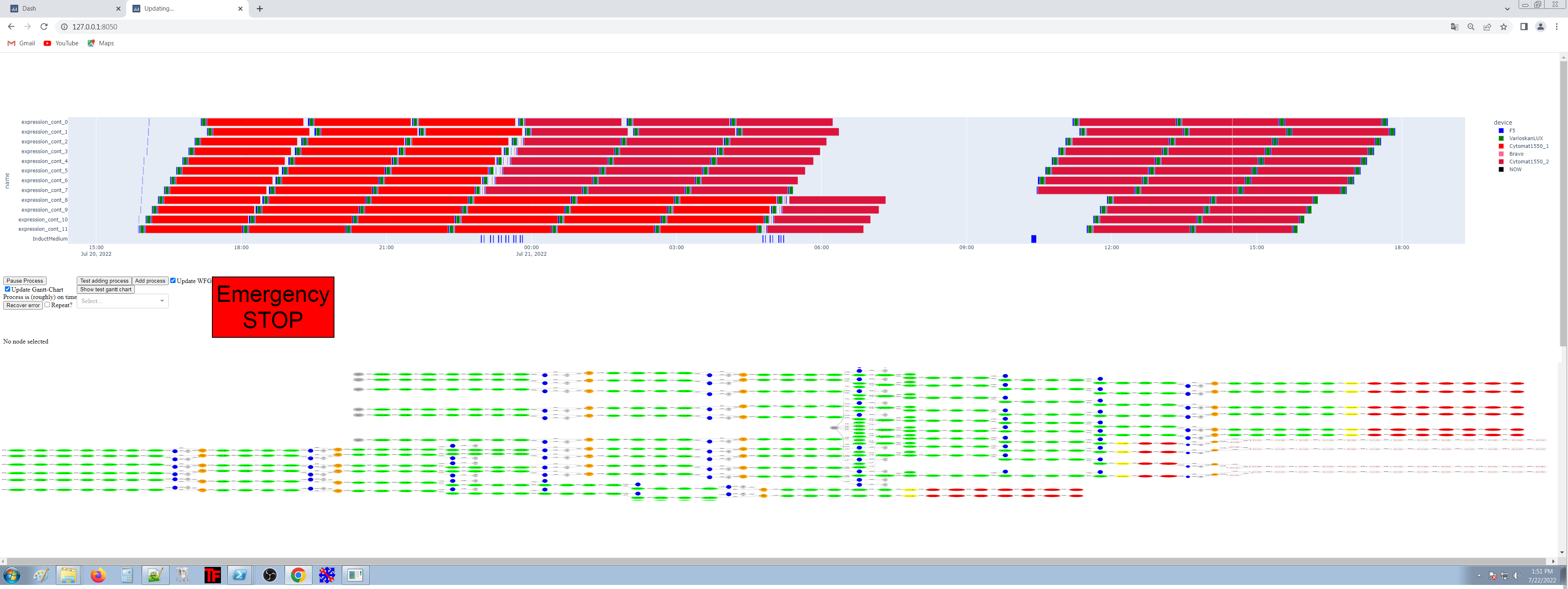The RDM System LARA:
semantics through automation from bottom up
mark doerr, stefan maak & uwe t. bornscheuer institute for biochemistry, university
greifswald
Karlsruhe, 2023-09-14

Any element with the class="notes" will not be displayed. This can
be used for speaker notes. In fact, the impressConsole plugin will
show it in the speaker console!
Press ctrl-C to activate the console
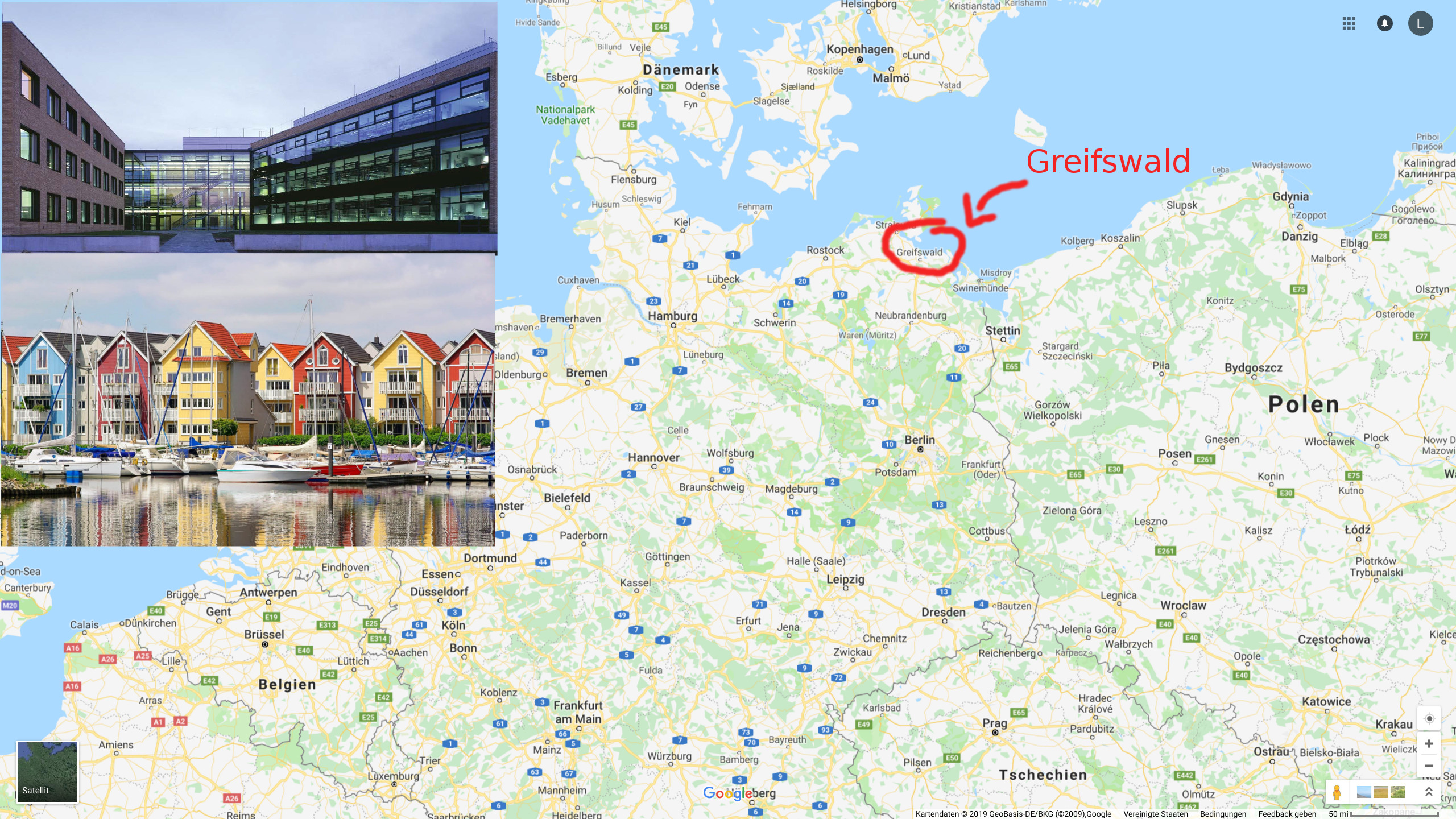
* lara intro
the big vision
let's build ....
we made a plan ....
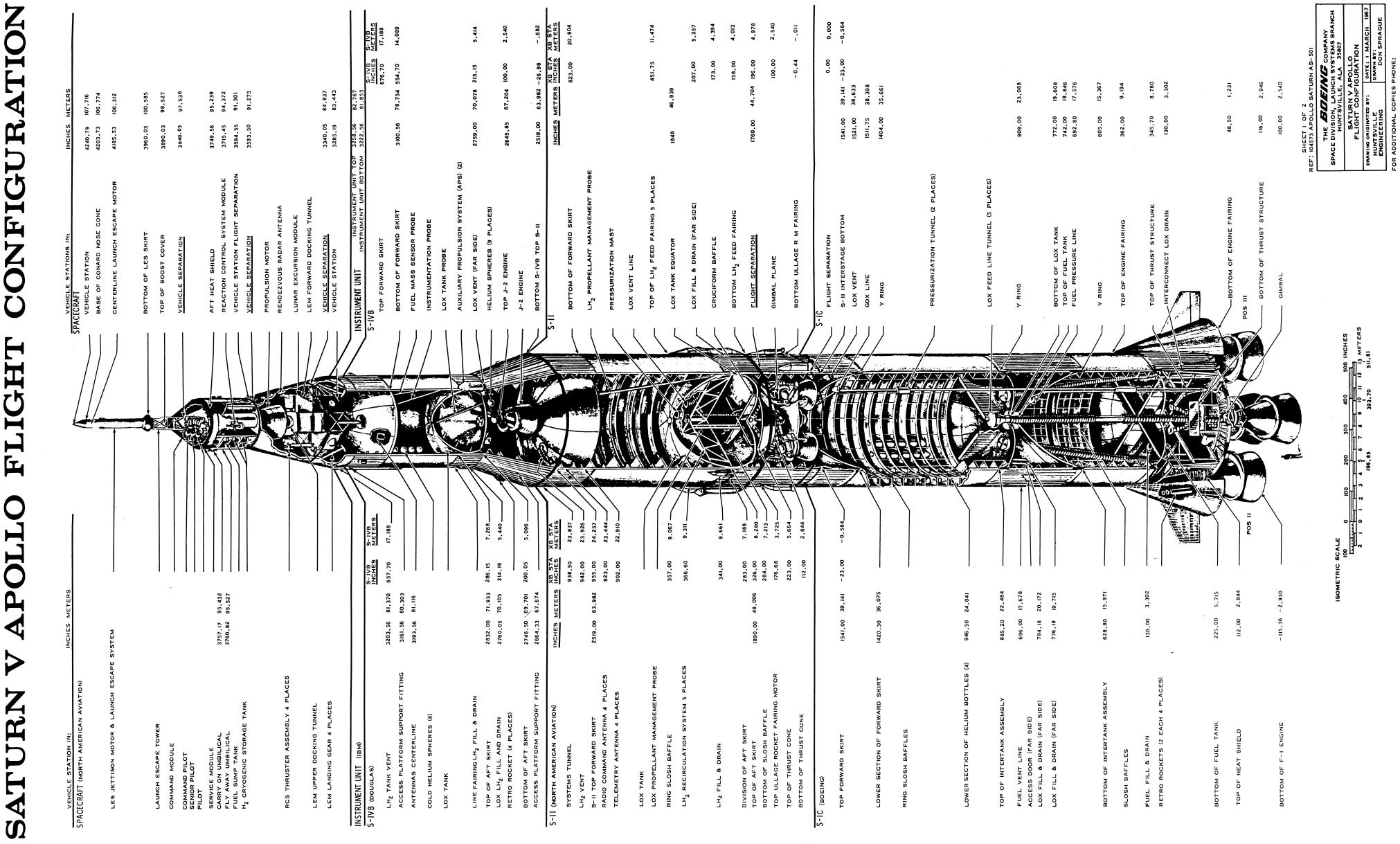
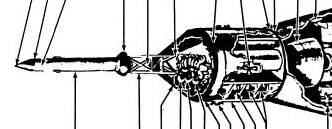
planning & control
*
 the project and experiment planning module
the project and experiment planning module
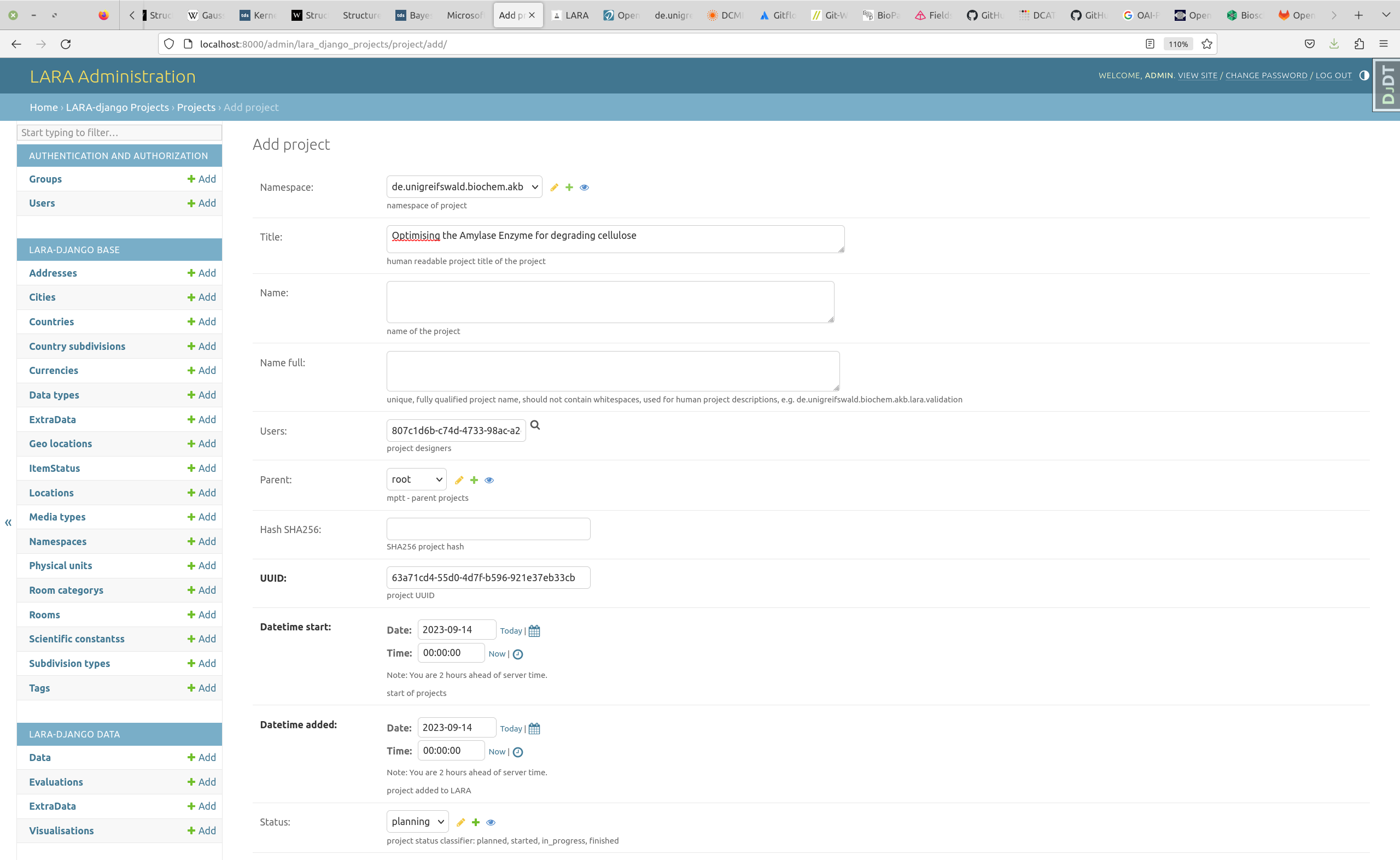
*
 the (zotero) literature module
the (zotero) literature module

*
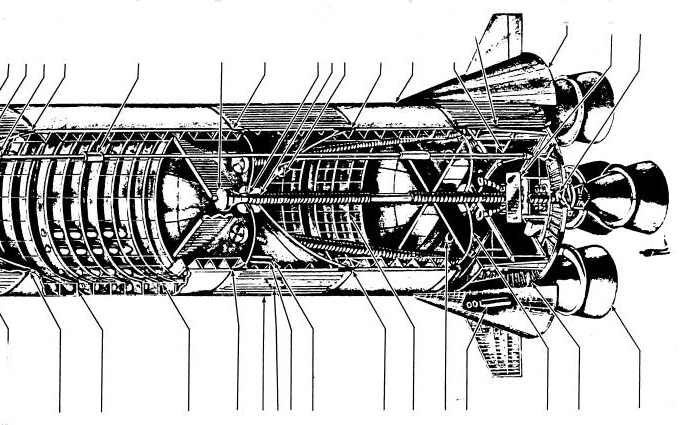
process execution: pythonLab, labOrchestrator pythonLabScheduler
*
process description language : pythonLab
universal, python based, automation language gitlab.com/opensourcelab/pythonLab
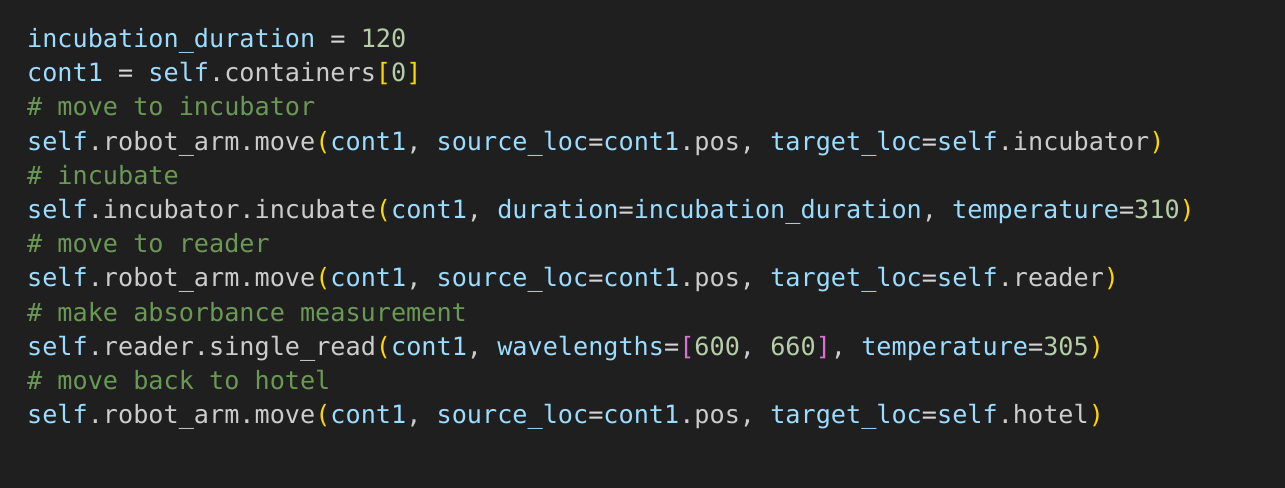
*
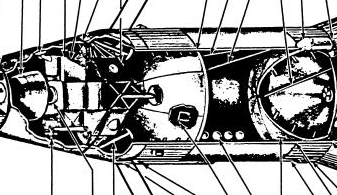
(meta-) data: data-transfer, storage, ontologies
*
what is  ?
?
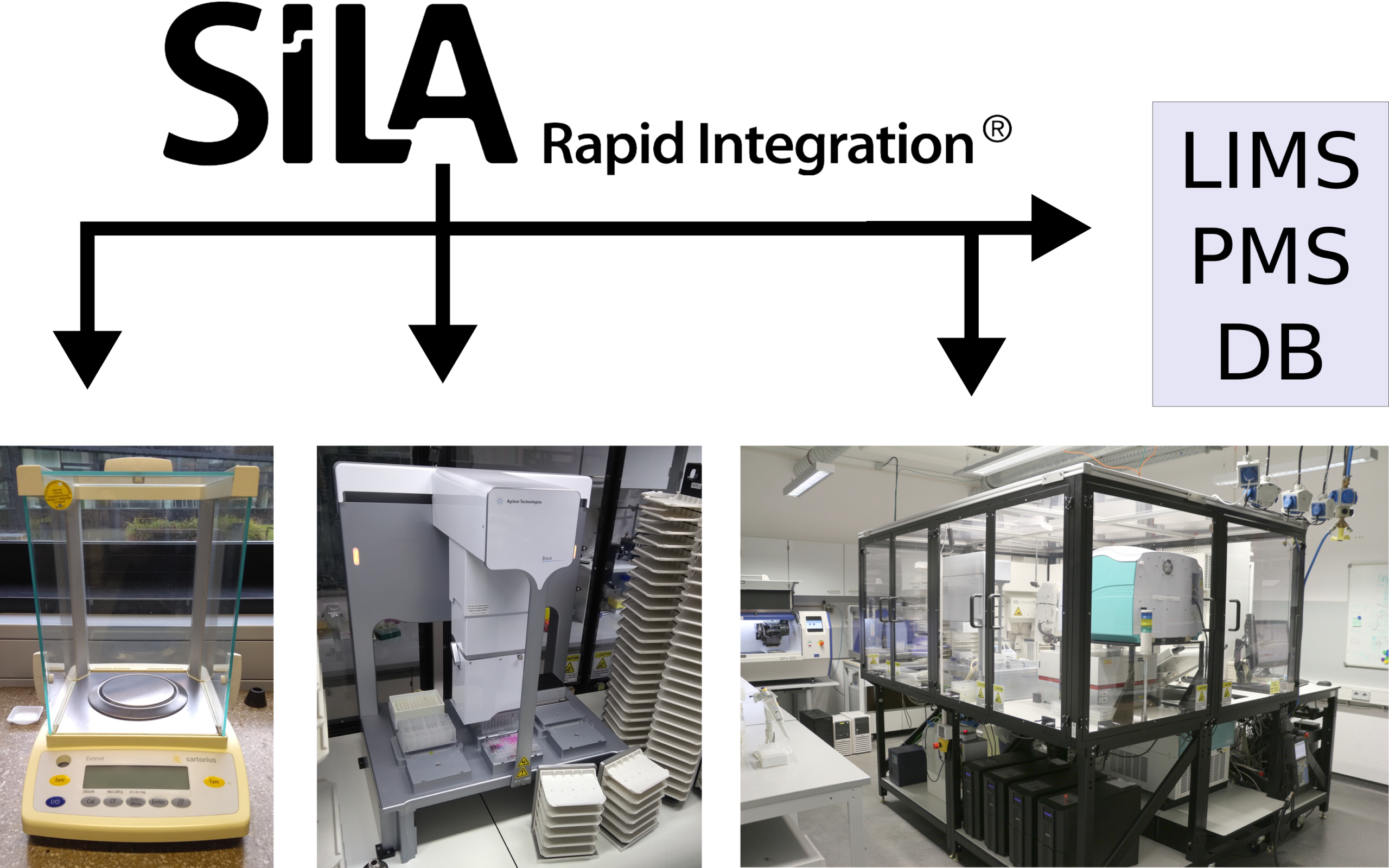
sila-standard.org
- laboratory automation communication standard
- standardised data transfer
- standardised data storage (AnIML)
* feature
which data shall be stored ?
the data module
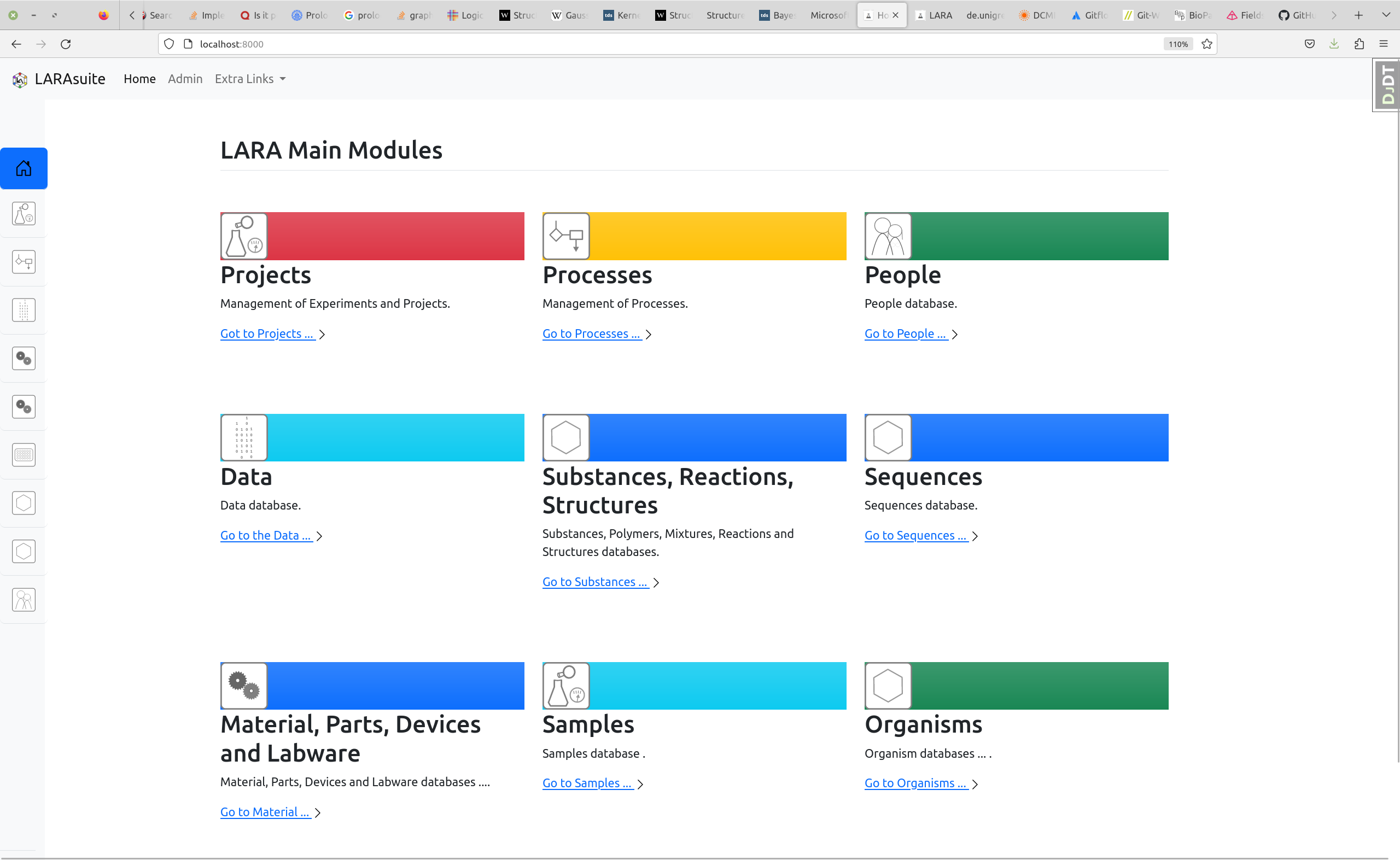
*
 LabDataReader
LabDataReader
https://gitlab.com/opensourcelab/LabDataReader
- generic data reader framework for propriatory (text based) data formats
- new data formats can be added as plugins
- rich meta data support
- automatic semantic annotation of the data
- fully written in python
- output formats: pandas data frame, JSON-LD, csv, (SciDat/AnIML - under development)
*
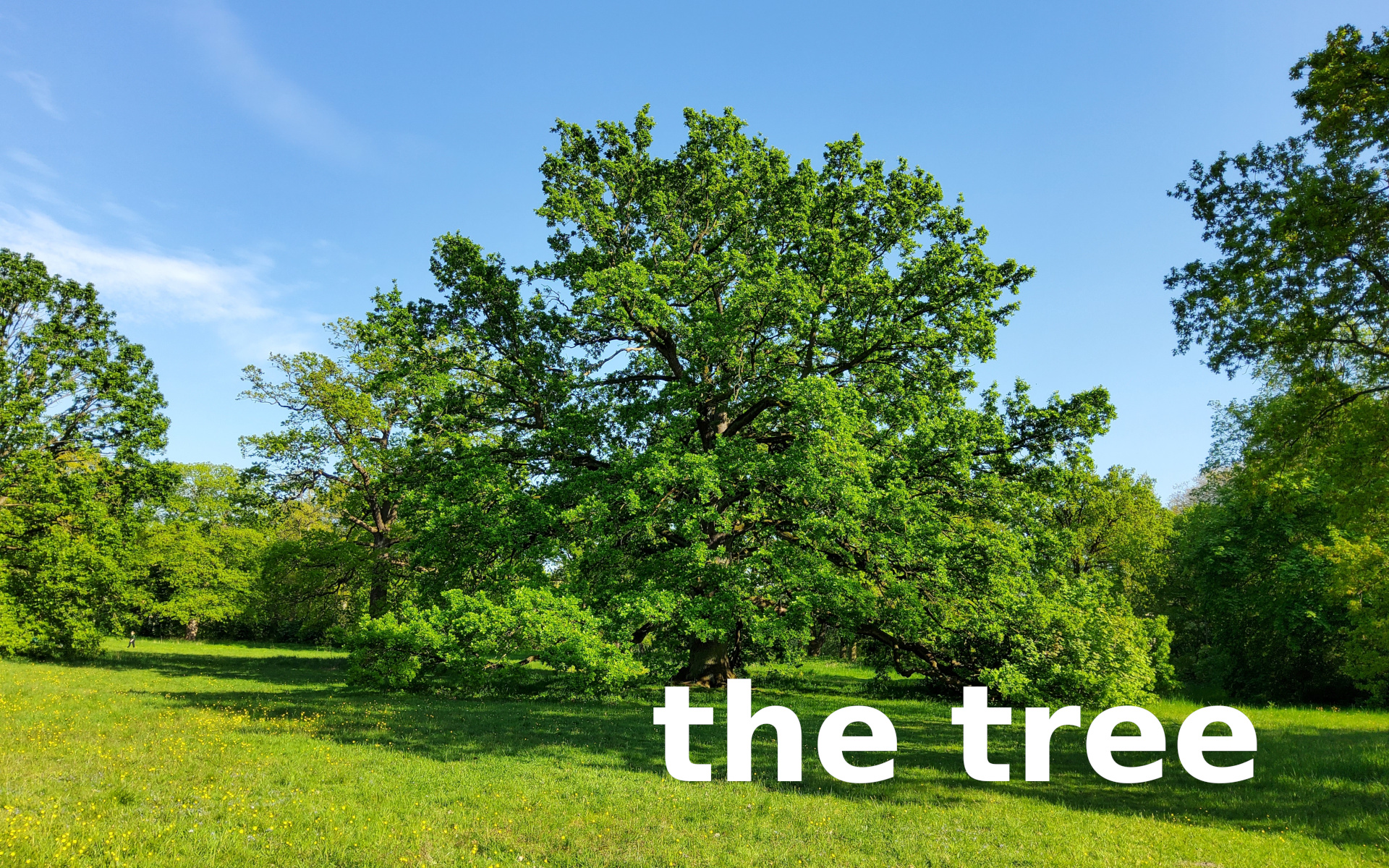
ontology - development - for semantic search / ML
*
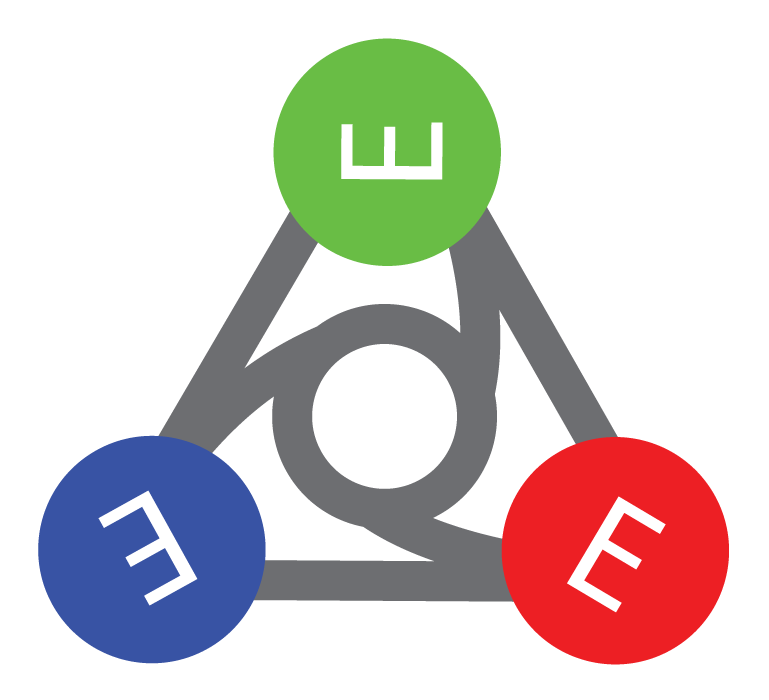 EMMO - European Multiperspective Material Ontology
EMMO - European Multiperspective Material Ontology
- top- & mid level ontology
- sound theoretical foundation
- rooted in historical philosopy (mereology), topology, physics and quantum physics
- all ITEMS are, e.g., SpaceTime Objects
- multiperspective and multidisciplinary
- modelling and experiments
- small -> fast reasoning
- python representation (EMMOntoPy)
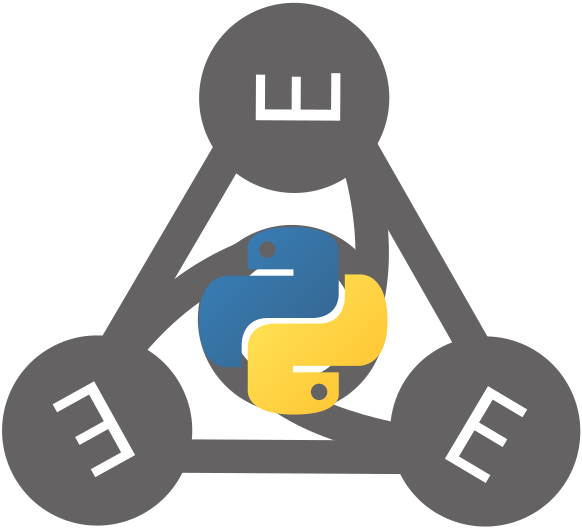
*
 EMMOntoPy
(github.com/emmo-repo/EMMOntoPy)
EMMOntoPy
(github.com/emmo-repo/EMMOntoPy)
- all OWL classes and Properties are modeled as Python Objects
- generation of an ontology and reaoning can be done completely in python
- modular / object oriented modelling possible
- easy interaction / integration in own python applications
- SPARQL endpoint
- fast SQLITE triple store
- code managed in git repository
- tools for validation, documentation and visualisation
*
ontology development pipeline
*
ontologies @ OpenSourceLab 
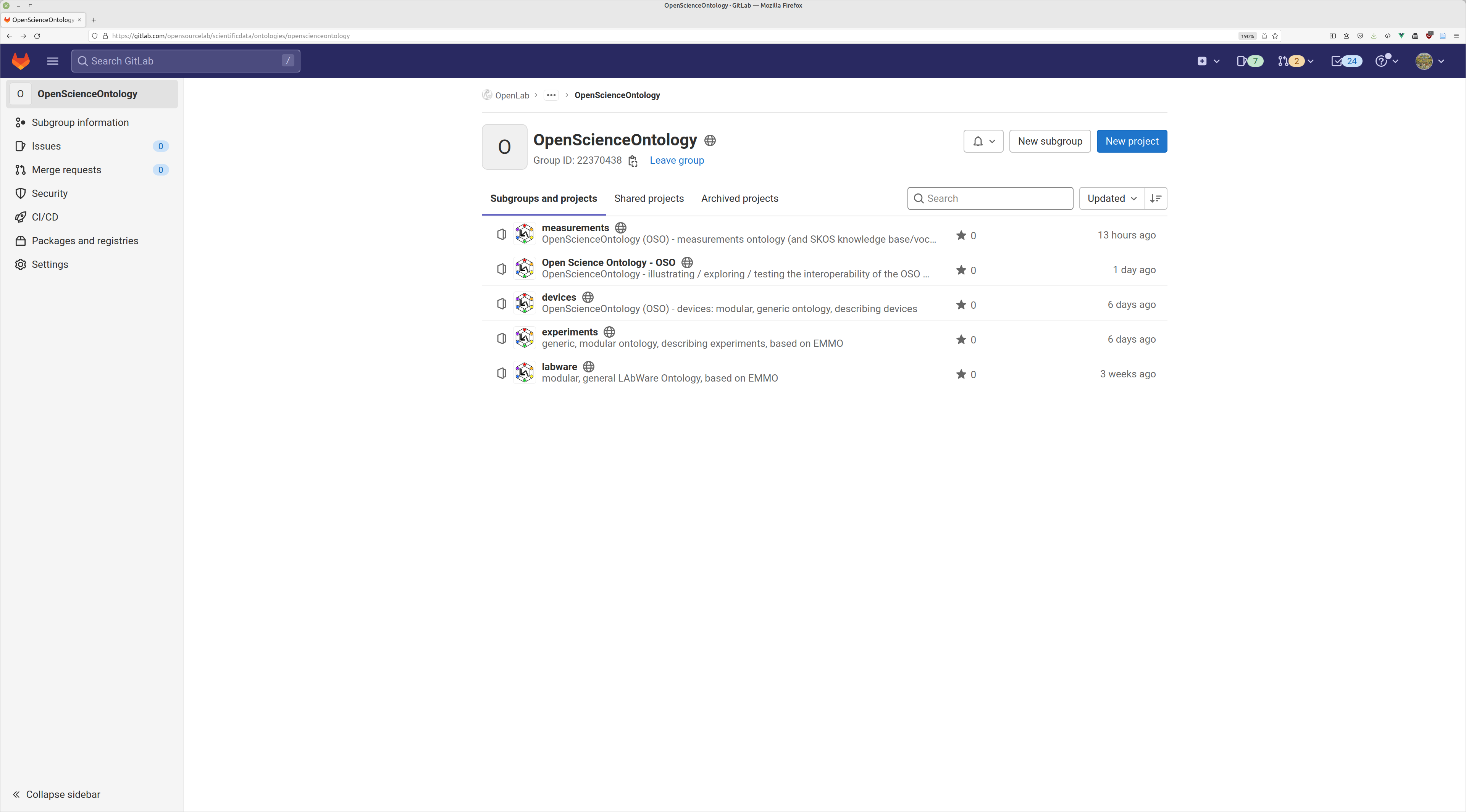
*
exmple: OSO measurement 
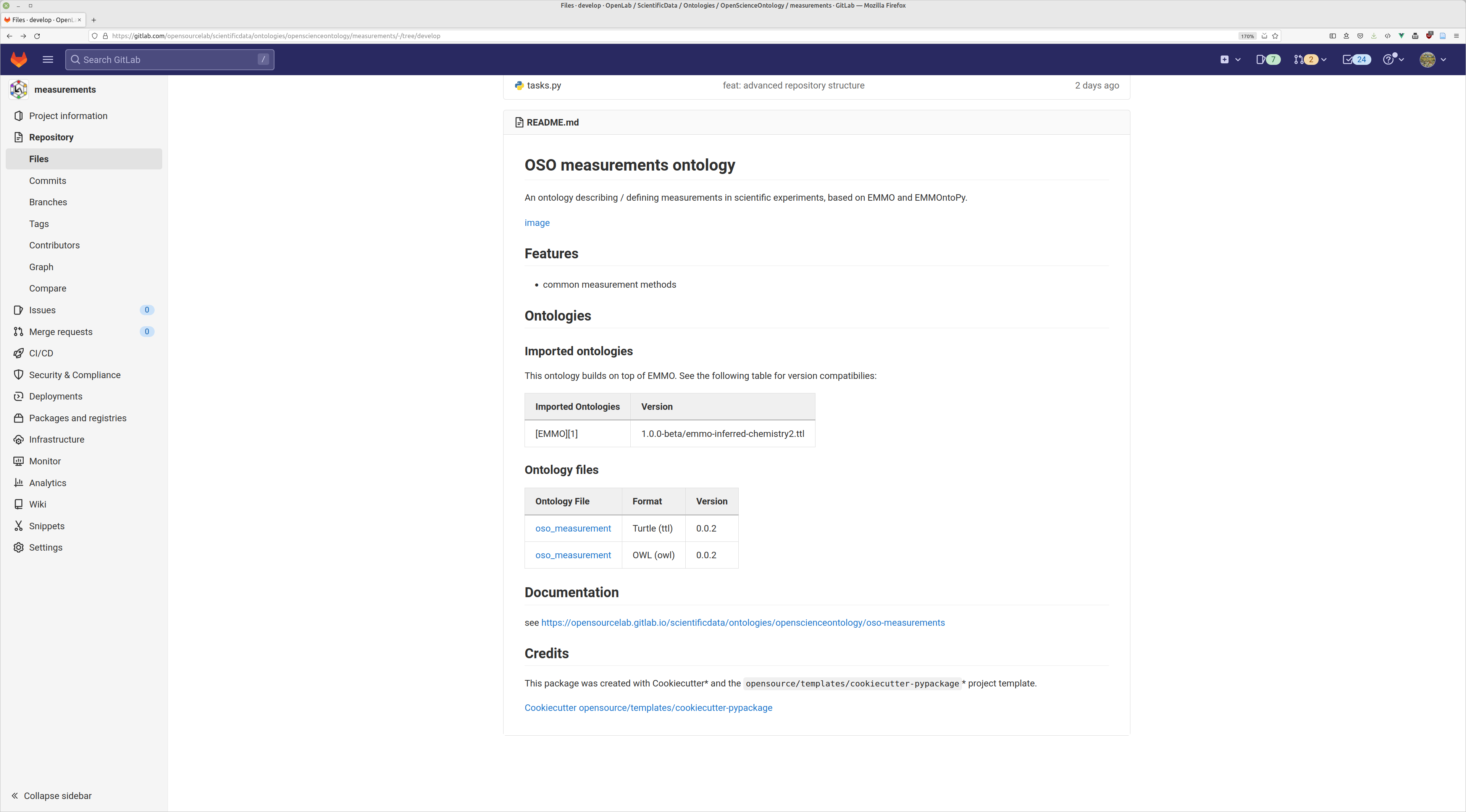
*
SciDat
gitlab.com/opensourcelab/ScientificData/SciDat
- efficient data and metadata storage for scientific / machine learning needs
- proper nullable data / missing data handling (pyarrow / parquet)
- data modalities, like range / limits, type / continuos / categorial ...
- fast exchange and loading (fastparquet, pyarrow, arrow flight)
- semantic annotations / metadata in RDF compliant format
- programming language agnostic
- commonly used in ETL pipelines (Apache Spark, prefect, ... )
- suitable for S3 file storage systems (MinIO)
- data and metadata storage for scientific / machine learning needs (semantic annotation, based on ontologies, derivatives of owlready2)
- proper nullable data / missing data handling (pyarrow / parquet)
- data modalities, like range / limits, type / continuos / categorial/ variable treatment in case of range violation (parquet metadta)
- cardinality (parquet metadata)
- efficient storage (parquet)
- metadata and data stored at one place (parquet)
- metadata conservation when saving / loading / processing (parquet -> arrow)
- fast data exchange (arrow flight, MinIO active replication)
- fast loading (fastparquet, pyarrow)
- fast data processing without in-memory re-writing after loading ( pandas with pyarrow backend, arrow flight, polars)
- "modalities" for the machine learning models
- semantic annotations / metadata in RDF compliant format - for creating instances of ontology classes and SPARQL reasoning (JSON-LD, rdflib, owlready2)
- fast data processing (direct loading into pyarrow driven dataframe )
- programming language agnostic / independent (parquet)
- easy to use (SciDat / labDataReader framework, currently in implementation by me)
- commonly used in ETL pipelines (Apache Spark, prefect, ... )
- suitable for S3 file storage systems (MinIO)
NFDI4Cat

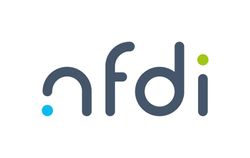 National Research Data Infrastructure - for Catalysis
National Research Data Infrastructure - for Catalysis
- TA1 ontology workgroup
- vocabulary / thesaurus for (bio-) catalysis
- vocabulary building pipeline
see talk of Alexander Behr et al., (Wed, 11:00h, Enabling RDM I)
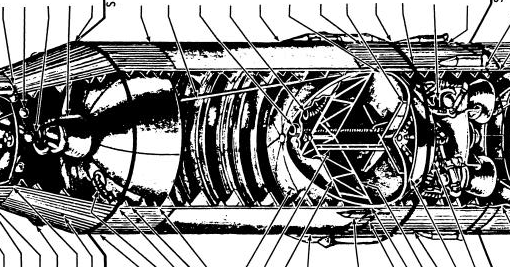
working with (meta-) data: SPARQL, jupyter
*
build-in SPARQL interface
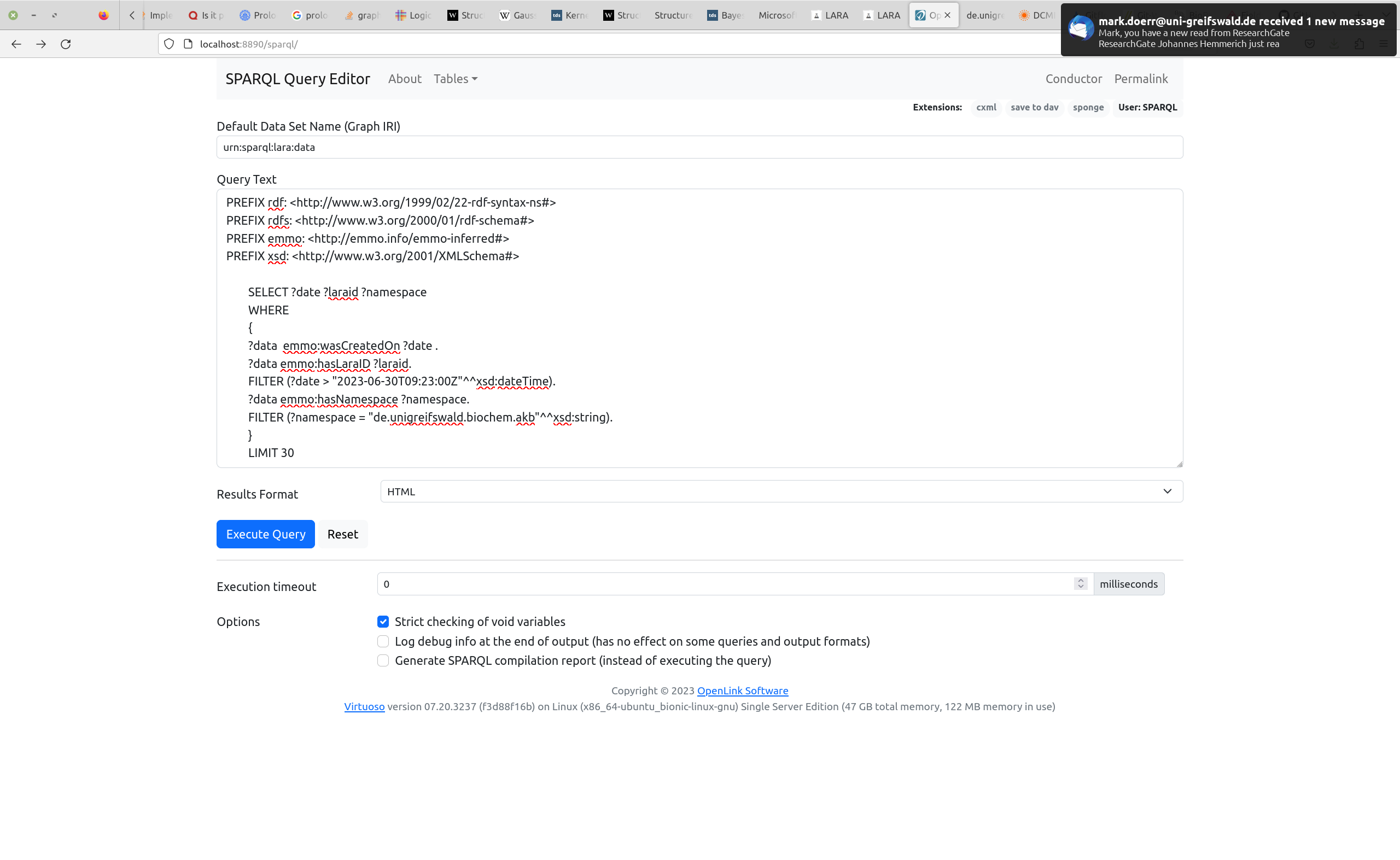
*
 working with jupyter
working with jupyter
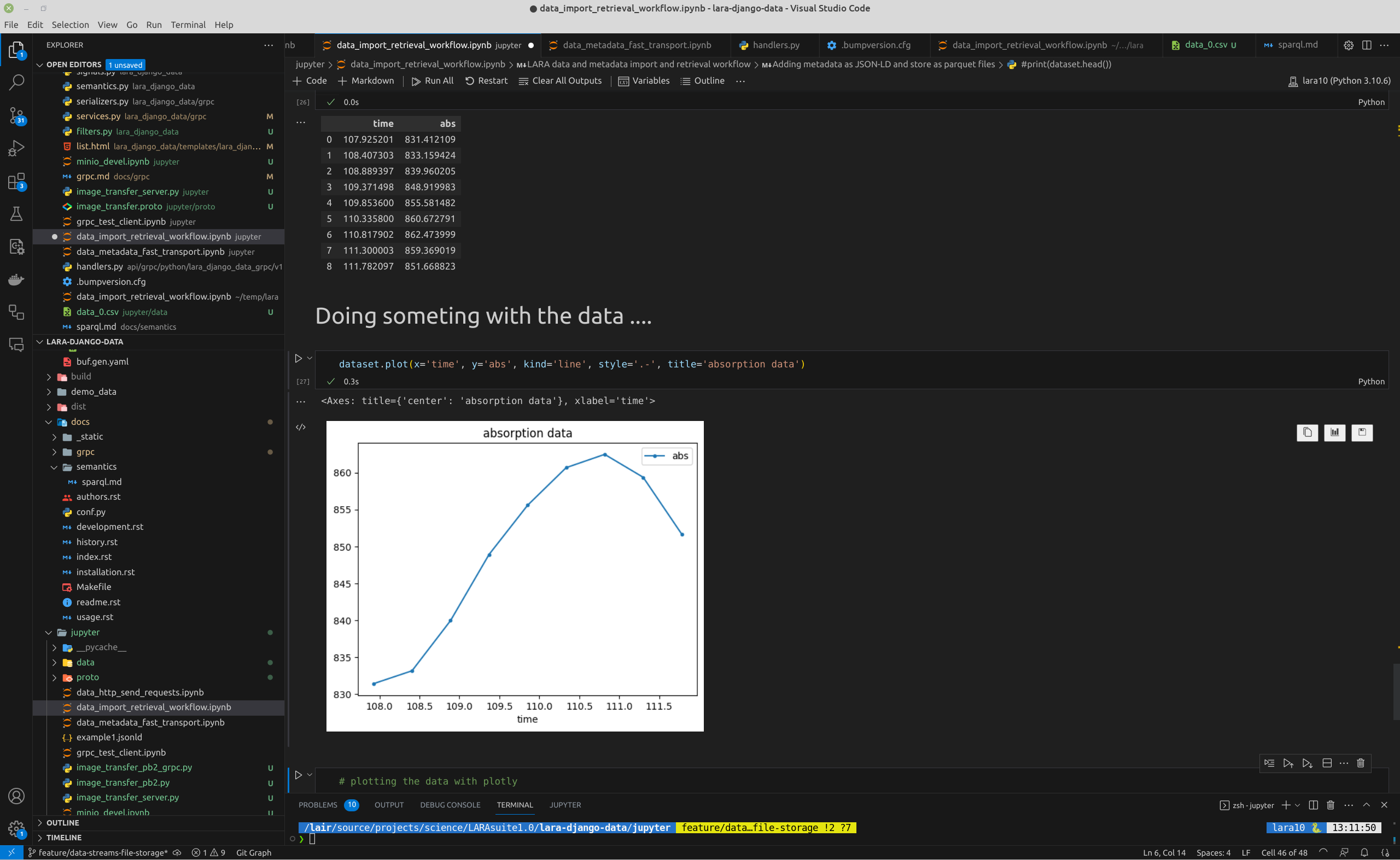
*

architecture: LARA
*
* lara intro

sharing data: collaborations, repositories, publications
*
* lara intro

implementation: all open source, python, gitlab
*
building homgeneous infrastructure from ground up
*

... what software components are required ?
- device control
- data readout
- data transfer
- data storage
- semantic understanding of the data by the machines
- machine learning algorithms to "work on the data"
- feedback software to the instruments
- common description language
- process execution / scheduler
*
SiLA servers/devices of LARA
*
what are we trying to build ?
- generic software platform closed loop designs of the simple kind
- autonomous experiment design
- autonomous experiment exection
- autonomous experiment evaluation
- AI and machine learning
- redesign of the experiment
- continue this process until an desired outcome is reached or resources are used up
*
the challange
- full SiLA communication of all devices in all platforms
- platform independant process description language
- flexible programming language for complex processes
- dynamic and error tolerant scheduling
- full experimental metadata for machine learning applications
- storage and exchange of data between labs (KIWI biolab)
- fully semantic annotation of the metadata (ontologies)
* protein screening engineering
* findind the right enzyme in 1E5 to 1E9 variants
* lara movie
benfits for machine learning applications
- rich metadata from ground up
- ontology based (s. ontology development workflow)
- allowing autonomous feature extraction
*
challanges to overcome
- heterogenous data
- non-standardised data structure
- non-standardised metadata - no semantics
- non-standardised device communication
- black-box software - closed source
- no advanced, comprehensive data storage
*
what is semantics enabled machine learning (ML) ?
- better "understanding" of the data by the ML algorithms
- semantics guided ML model building by automated feature extraction
- improved consitancy checking, because the ML algorithm can extract physical limits
- improved error handling, because the ML algorithm "knows" more about the predicted system
*
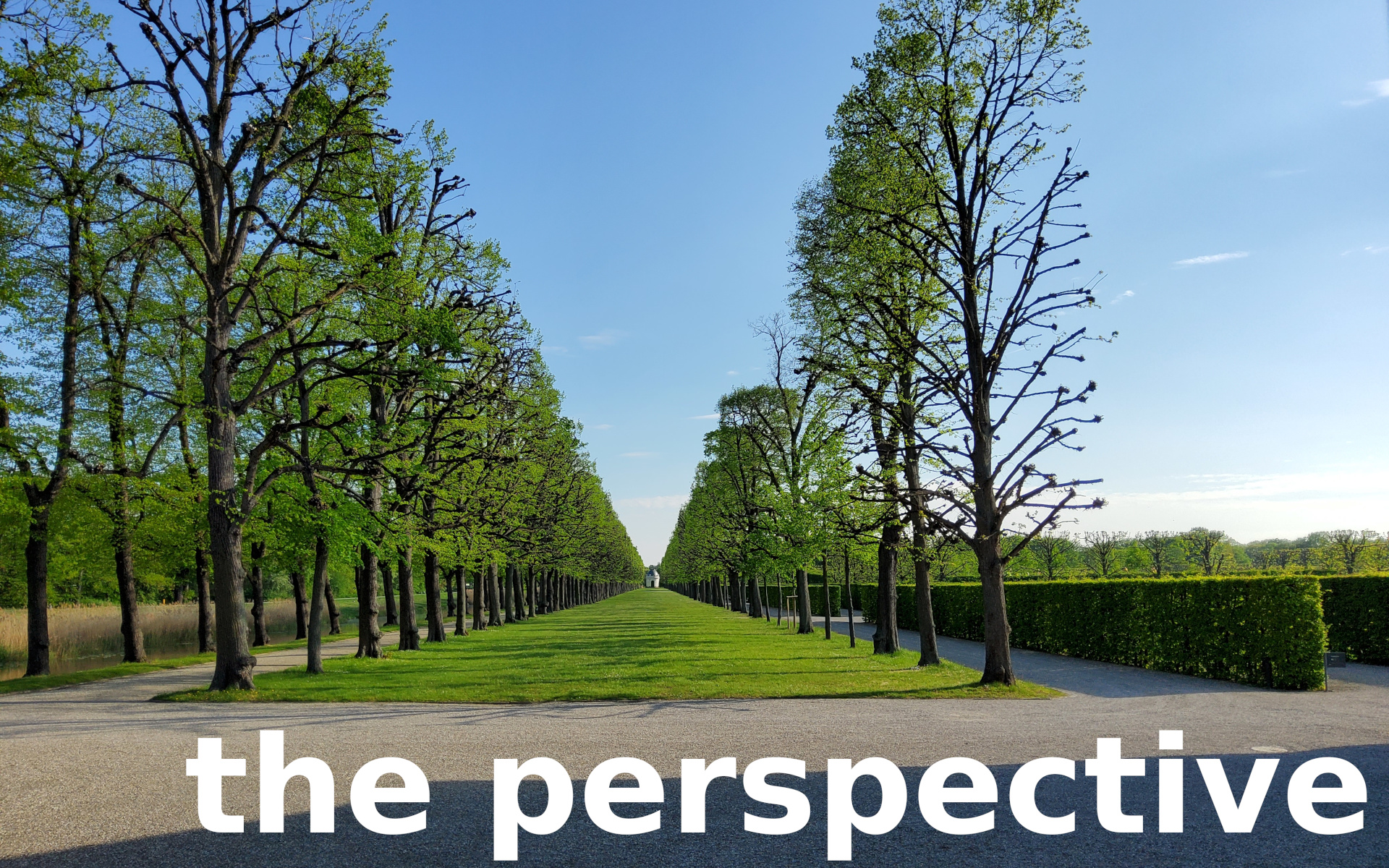
outlook
- simple idea, but implementation is not so simple
- simplification through (mobile) web apps
- voice control (e.g. OpenAI whisper)
- utilisation of LLMs for queries
- utilisation of evolving ontologies for consistancy and error checking
*
summary
- building a large, community driven open source infrastructure
- no black box, everything is adjustable and extendible
- advanced queries and automated feature extraction
- "robot scientist" - feedback loop driven science possible
- machine learing applications will dramatically improve, when the right metadata is in place
- we need a modern mind set (science and machine learning)
- we are not alone, please join and contribute !
*
acknowledgements
project partners
- Stefan Born (TU Berlin)
- Peter Neubauer's group (TU Berlin)
- Johannes Kabisch's group and associates (Uni Trondheim)
- Egon Heuson (Uni Lille)
-
 Uwe Bornscheuer
and our group (Univ. Greifswald)
Uwe Bornscheuer
and our group (Univ. Greifswald)
KIWI-UG / NFDI4Cat
SiLA team
AnIML team
This work was supported by the German Federal Ministry of Education and Research through the Program “International Future Labs for Artificial Intelligence” (Grant number 01DD20002A)
We are grateful to the Deutsche Forschungsgemeinschaft (DFG, INST 292/ 118-1 FUGG) and the federal state Mecklenburg-Vorpommern for financing the robotic platform.
